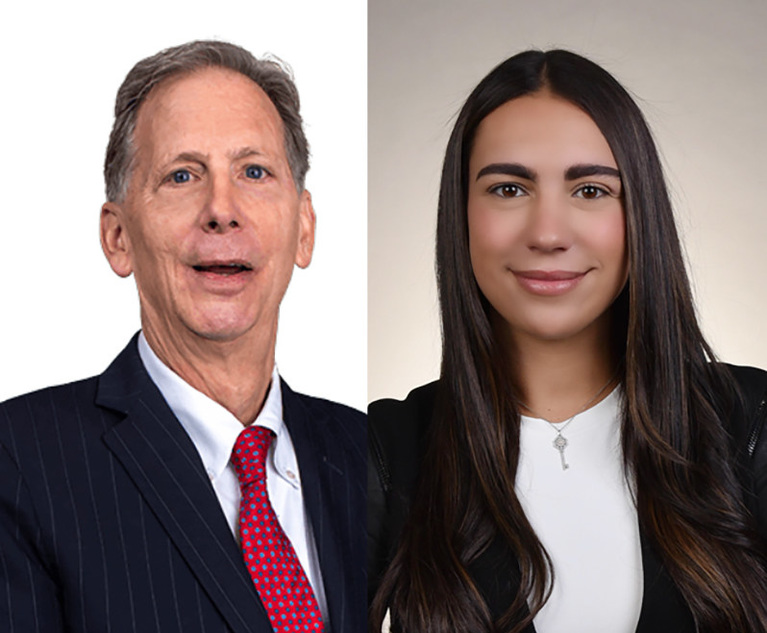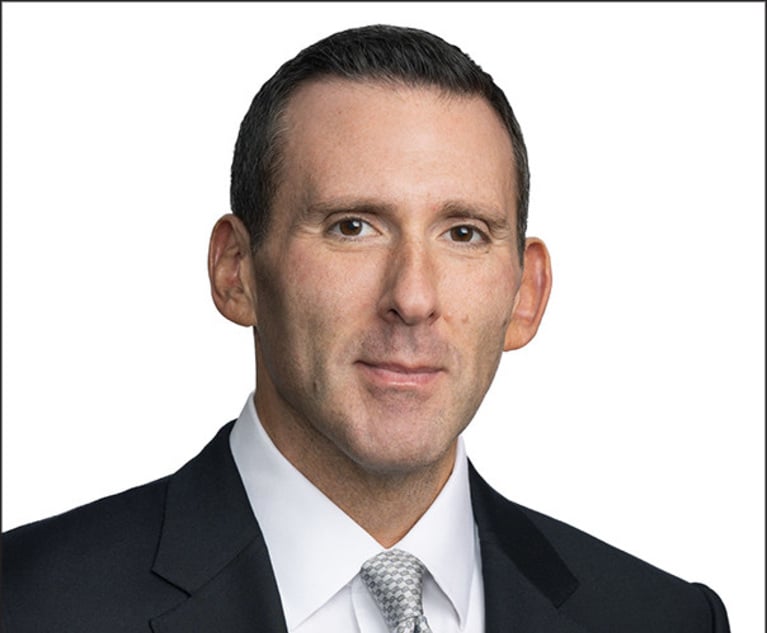In a significant and constructive development, the New York State Department of Health (DOH) has confirmed that it will advise local Medicaid districts to no longer impose a restrictive Medicaid position that unnecessarily forced seniors into nursing homes. The New York State Bar Association Elder Law and Special Needs Section reported the change and was instrumental in the negotiations to bring it about.
The prior policy adversely affected Medicaid recipients who needed to sign documents to enroll in a pooled income trust. Some of them lacked the current mental capacity to sign the forms but had signed powers of attorney when they had capacity. Many of those powers of attorney did not include a statutory gifts rider. The prior DOH policy required local Medicaid districts to reject pooled income trusts that were signed by an agent under a power of attorney without a statutory gifts rider. The new policy states that Medicaid cannot reject a pooled income trust enrollment by an agent under a power of attorney without a statutory gifts rider. By eliminating the onerous requirement, enrollment in the pooled income trust will now be more equitable and consistent with General Obligations Law and the Social Services Law. This article is an update to “New Restrictive Rule Regarding Medicaid and Power of Attorney” (Fish, Daniel G., NYLJ, Aug. 15, 2019).
Background
This content has been archived. It is available through our partners, LexisNexis® and Bloomberg Law.
To view this content, please continue to their sites.
Not a Lexis Subscriber?
Subscribe Now
Not a Bloomberg Law Subscriber?
Subscribe Now
LexisNexis® and Bloomberg Law are third party online distributors of the broad collection of current and archived versions of ALM's legal news publications. LexisNexis® and Bloomberg Law customers are able to access and use ALM's content, including content from the National Law Journal, The American Lawyer, Legaltech News, The New York Law Journal, and Corporate Counsel, as well as other sources of legal information.
For questions call 1-877-256-2472 or contact us at [email protected]


 Daniel G. Fish
Daniel G. Fish




